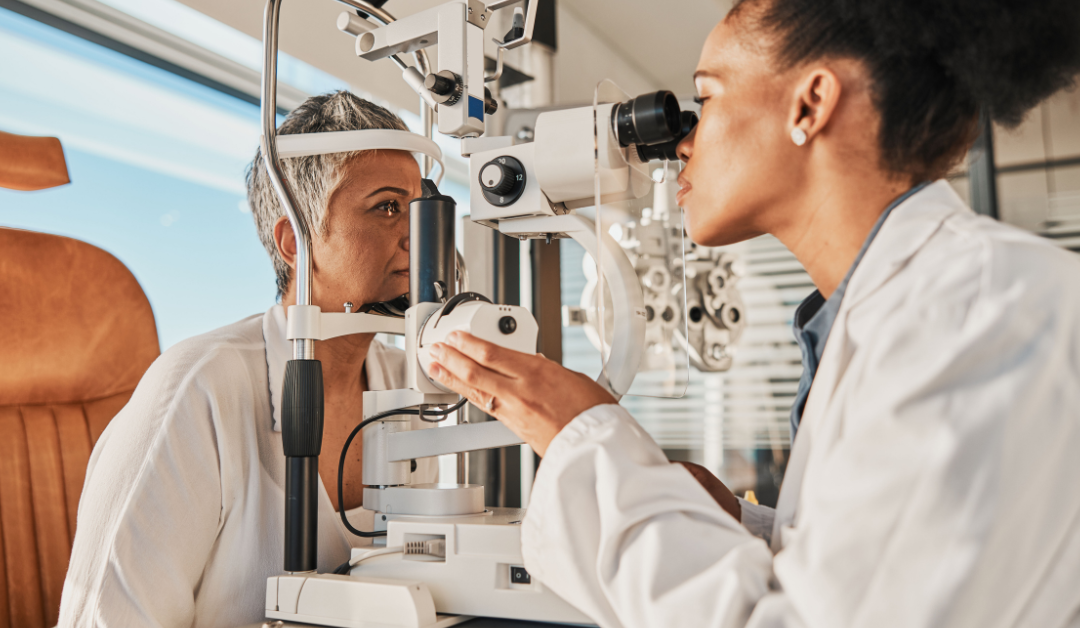
by barqar | Jan 15, 2025 | Glaucoma, News Articles
Glaucoma is one of the leading causes of irreversible vision loss worldwide, but advancements in treatments are offering hope for patients. With new medications, innovative surgical techniques, and cutting-edge diagnostic technologies, managing glaucoma has never been...

by ecvaeyeadminz | Dec 9, 2021 | Eye Health
While the winter can be a magical time of year, it can also wreak havoc on your eyes. Falling temperatures, heater use, and other situations that occur during this season can leave eyes feeling dry and itchy, which isn’t ideal. Luckily, there are steps you...

by ecvaeyeadminz | Jan 10, 2020 | Eye Health
At the beginning of the year, many people make health-oriented resolutions. If you want to make sure that your eyes are in the best shape possible, make them a priority in 2020. Here are some good eye health resolutions that are worth making this year and committing...




